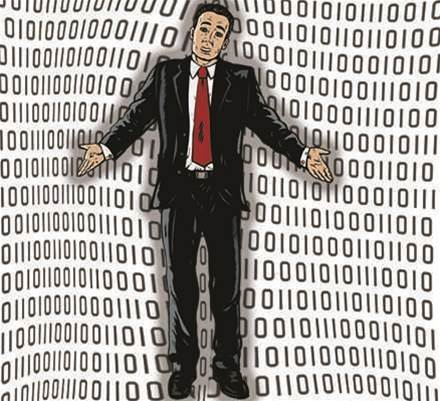Victoria's chief technology advocate is on the lookout for ‘data scientists’ willing to embed themselves inside his team and tackle some of the State’s trickiest policy questions, using the government’s own data stores.

Grantly Mailes said he hopes to attract a revolving cast of big data experts, statisticians or mathematicians to his team on a quarterly or single project basis, in the same way a university faculty may appoint a visiting chair.
The data scientist will be “someone whose job it is to use data to solve problems” and who is willing to devote some time to helping the State on a pro-bono or discounted basis.
“We don’t have this sort of resource available to us at the moment,” he said.
Mailes said he expected the first data scientist in his prototype scheme would come on board within a couple of weeks, and was already in discussions with industry about who this might be.
He said it was part of his project to find ICT=enabled solutions to what he called the “wicked problems” of government.
“A normal problem is that we need a freeway, so we build a freeway,” he told iTnews. “A wicked problem doesn’t have an obvious solution.”
This sort of outward facing policy focus is what makes his remit as inaugural CTA unique, Mailes explained.
“The Chief Technology Advocate role is a about productivity and service delivery. It is about ICT- enabled solutions rather than ICT in and of itself, otherwise they would have just called me CIO.”
An example of the kind of wicked problem that could join Mailes’ hit list is the government’s central forms service, which is used to gather several thousand different types of information on behalf of agencies.
“It's a government system that is costly to run and will be very costly to replace,” he said. “We’d rather be in a situation where, for example, when you buy a car the vendor enters the requisite details straight into our system and you don’t have to go anywhere near one of these forms.”
“Or we’d use information already held by the government to pre-populate the form.”
ICT could also be used to make communities less vulnerable to bushfires and other natural disasters, through the development of better information tools like smartphone apps, he said.



.png&h=140&w=231&c=1&s=0)
_(28).jpg&h=140&w=231&c=1&s=0)






 iTnews Executive Retreat - Security Leaders Edition
iTnews Executive Retreat - Security Leaders Edition
 iTnews Benchmark Awards 2026
iTnews Benchmark Awards 2026
 iTnews Cloud Covered Breakfast Summit
iTnews Cloud Covered Breakfast Summit
 The 2026 iAwards
The 2026 iAwards












_(1).jpg&h=140&w=231&c=1&s=0)



